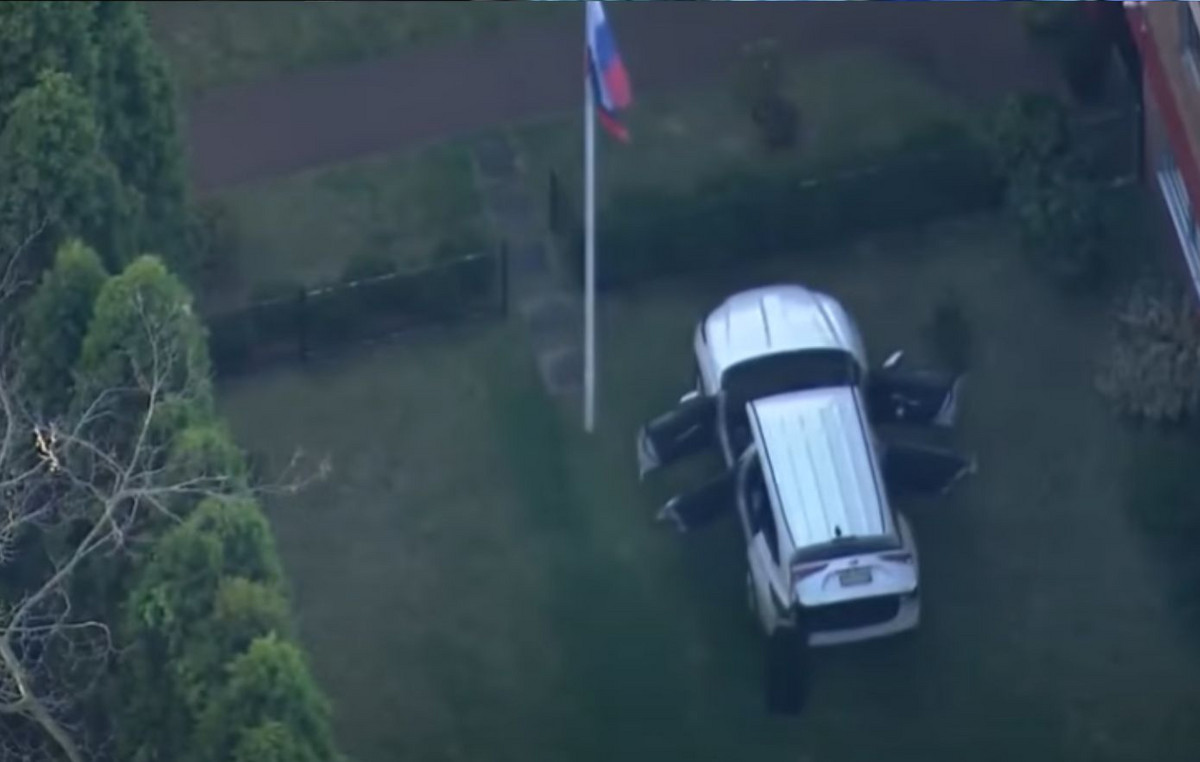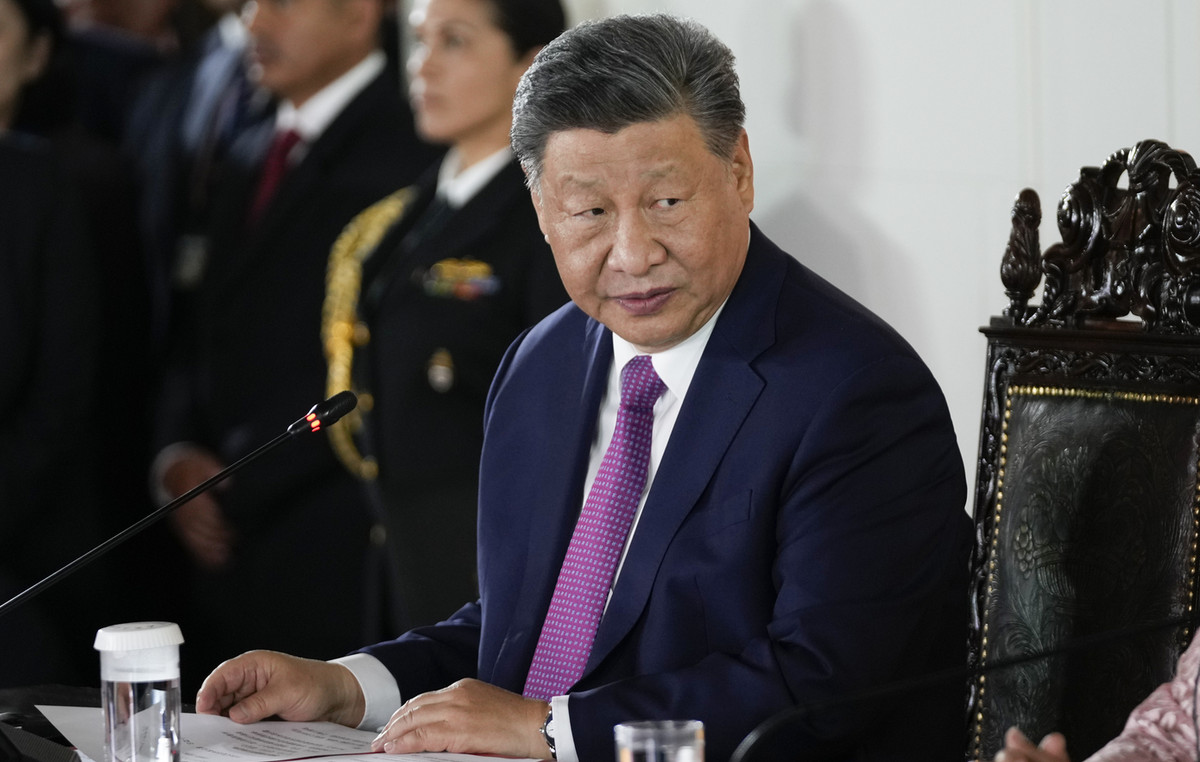Bus drivers went on strike in Rio on Tuesday morning (29). In the city, all BRT articulated buses started the day stopped and only 50% of the city’s bus fleet is in operation, according to the Road Workers Union. The situation causes trouble in the capital.
The Operations Center of the City Hall of Rio announced that the municipality entered the Mobilization Stage at 0:00 am this Tuesday, March 29, 2022, due to the road workers strike and the indication of moderate rain.
The Mobilization Stage is the second level on a scale of five and means there are risks of high impact events in the city, which can affect the routine of part of the population.
The Road Workers Union of the Municipality of Rio decided to declare a strike by drivers of urban buses and BRTs from the turn of the day indefinitely, in an assembly on Monday night.
The president of the Road Workers Union, Sebastião José, stated that, according to reports from professionals in the category who are in the garages, companies are calling and going to pick up drivers at home, not to mention the threats that some suffer to go out with the buses from the garages under penalty of suffering sanctions and even dismissal.
Rio-Ônibus spokesperson, Paulo Valente, asked that bus drivers immediately return to work in order to serve the population of Rio. “We know the problem that the category is going through. And we are already in talks with the city hall, in the search for solutions, to solve the problems of companies, road users, and especially the population of Rio de Janeiro, who deserve better transport.”
The City of Rio, through MOBI-Rio, informed that it has set up a contingency plan to reduce the inconvenience caused this Tuesday morning. So far, 70 urban buses have been made available on the Cesário de Melo line, covering the Santa Cruz x Alvorada route. MOBI-Rio also informs that, even with the preliminary decision suspending the road workers’ strike, the BRT drivers did not report to work.
The prefecture also advised people to opt for remote work, if possible. If there is a need to go in person, the indication is to avoid the peak hours of the Metro, ferries, trains and VLT. A Conciliation Term signed in April 2018 establishes that in the event of a strike, at least 50% of the lines that stop running must operate within 24 hours to serve the population.
*With Estadão Content
Source: CNN Brasil
I am Sophia william, author of World Stock Market. I have a degree in journalism from the University of Missouri and I have worked as a reporter for several news websites. I have a passion for writing and informing people about the latest news and events happening in the world. I strive to be accurate and unbiased in my reporting, and I hope to provide readers with valuable information that they can use to make informed decisions.







